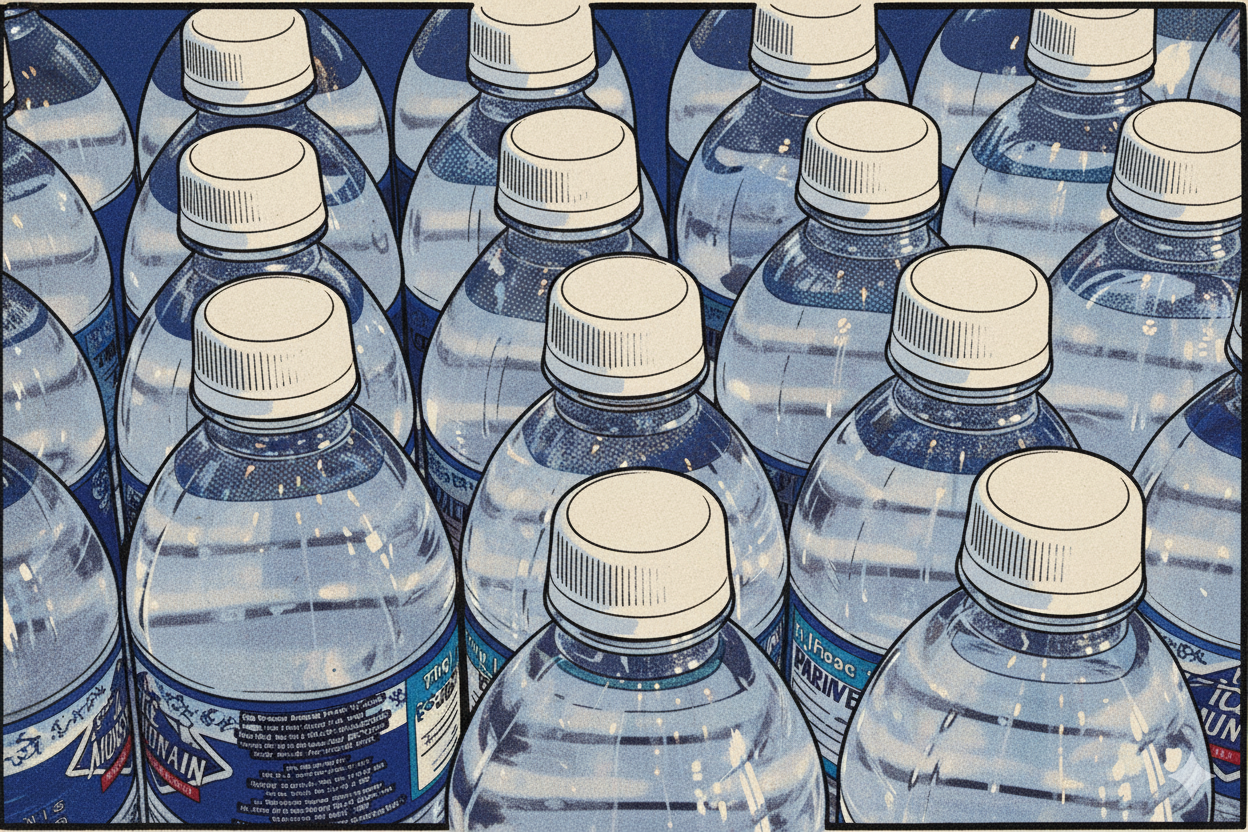Research Alert: One Way You Might Be Compromising Your Fertility Every Single Day


Today, in a new analysis that examined more than 1,000 different studies, researchers from the Endocrine Society are expressing new concerns about human exposure to a variety of endocrine disrupting chemicals (EDCs) that are commonly found in plastics and other household items.
While this is a big deal for all of us, it's especially concerning for women trying to conceive. Your endocrine system is your hormonal system — the information network for your entire reproductive system. When this system is interrupted, reproductive chaos can ensue.
"Some EDCs are also associated with abnormal puberty, irregular cyclicity, reduced fertility, infertility, polycystic ovarian syndrome, endometriosis, fibroids, pre-term birth, and adverse birth outcomes. "
The Endocrine Society’s Second Scientific Statement on Endocrine-Disrupting Chemicals, 2015
This isn't the first time scientists have expressed concern over these chemicals. Bisphenol-A (BPA), a plastic that is used in common household items like baby bottles, water bottles, and food storage containers, has been in the news a lot over the last couple of years over worries that it has estrogen like effects in the body.
While many companies have voluntarily stopped making products with BPA, new research indicates that even "safer replacements" may also have adverse health effects. And while the reproductive effects are scary all by themselves, the Endocrine Society report indicates that these same chemicals may be indicated in the rise obesity and type 2 diabetes.
BPA, and other endocrine disrupting chemicals, effect nearly all of us. In a 2005 study, the National Health and Nutrition Examination Survey found BPA in the urine of 95 percent of study participants. Yikes!
Several recent studies in peer-reviewed journals have examined the effect of BPA on fertility, specifically its effects on egg maturation and fertilization. One laboratory study in particular found that even at very low doses, BPA inhibited the egg’s ability to mature and also disrupted the chromosome alignment causing abnormalities.
Needless to say, these everyday chemicals are a serious problem. While avoiding these nearly ubiquitous chemicals may sound difficult, there are a few easy steps that can help you avoid them.
Here's six ways you can significantly decrease your exposure to BPA:
- Drink filtered water from a glass or stainless steel container.
- Completely avoid water in plastic containers such as water bottles — especially disposable ones. BPA leaches from the plastic directly into your water.
- Avoid canned foods, which are often lined with BPA-containing resins.
- Eat fresh, non-processed, organic foods and store leftovers in glass.
- Steer clear of plastic utensils, dishes, and storage containers — especially when they're exposed to radiation or heat (like your microwave or a warm car).
- Remember, BPA is not the only source of endocrine disruptors. Many plastics release estrogenic compounds. It's safer to avoid plastics in general.
Booting the EDCs in your life doesn't have to happen overnight. Today, buy a glass water bottle. Next week, purchase a few Mason jars to store your leftovers in. Each week, make a few small changes and, before you know it, you’ll be living a cleaner, healthier life.
Conceivable uses small steps, like cleaning up your personal environment, to help women who struggle to become pregnant, get and stay pregnant. We do the research and create personal plans for action so that you don't have to. By taking small daily steps, you can dramatically improve your chances of achieving a healthy pregnancy.
